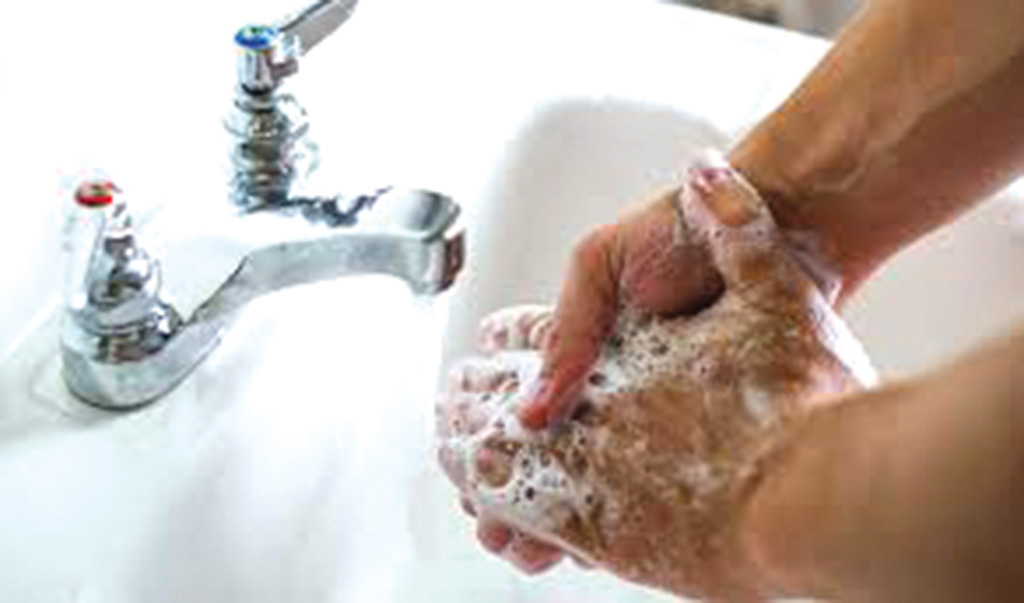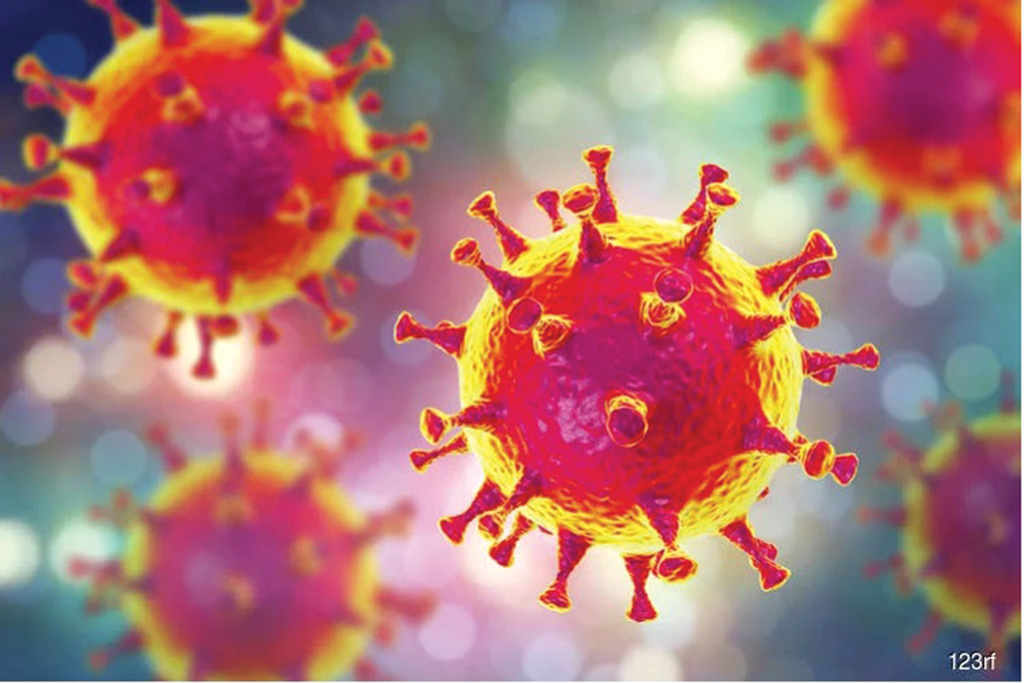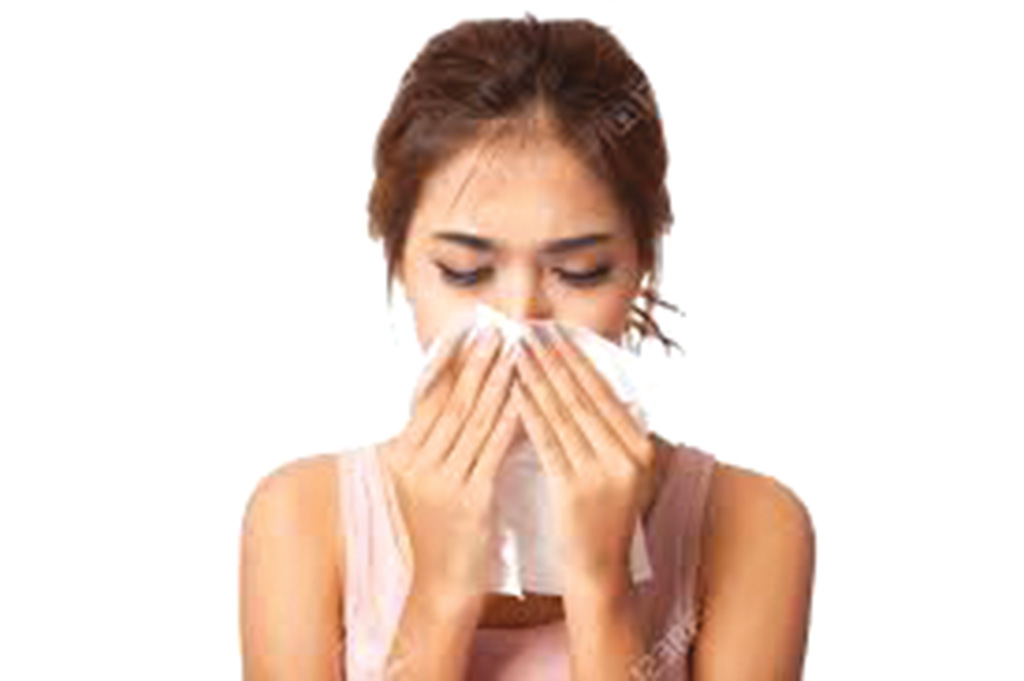

By Dato’ Dr Amar-Singh HSS
Senior Consultant Paediatrician
Meal Times at Home and Outside


Improved Hygiene Practises by Food Outlets/Shops


What to do if You Become Unwell and Dealing with the Unwell Person at Home?


How to Deal with Crowds, Conferences and Meetings?
It is best that we try to minimise contact with crowds, which is easier said than done. Try to keep your distance from individuals. Avoid shaking hands, hugging or touching others unless that is absolutely necessary. It is best to postpone events that can be moved and avoid large gatherings as much as possible. This is not the time for celebrations but only for essential meetings. Many medical conferences in the country have already been postponed.
Cough Etiquette and Dealing with Someone who is Coughing or Sneezing


Personal Protective Devices for Emergencies
It is important to carry our own personal protective devices for emergencies. Always carry some 3-ply surgical masks or an N-95 mask in your bag. We do not need to wear masks unless we are unwell ourselves or we are travelling in an enclosed environment with others, like an aeroplane, taxi, bus or train. Remember that the 3 ply surgical masks or cloth masks are no longer effective once they are wet. They have to be changed frequently (at least hourly) and be worn correctly. Remember to dispose of them safely in a closed trash bin. It would be the responsible thing not to travel if you are unwell. In addition, alcohol-based hand sanitizers, with at least 60% alcohol, are necessary to keep with you at all times. You should clean your hands after touching surfaces. Clean your hands with an alcohol-based sanitizer after you’ve left a shop or come out of an office, after touching doorknobs, public tables, etc. Of course, the common advice, which is difficult to adhere to, is to stop touching your face with your hands when out of the home. Contaminated hands can transfer the virus to your eyes, nose or mouth. Studies have shown that we touch our faces many times each hour and this increases our chances of getting infected. We need to support each other to reduce this behaviour of touching our face.
Dealing with Planned Visits to the Hospital or Clinic
Hospitals and clinics are higher risk locations to visit and we should avoid going to the hospital or clinic unless necessary. Many of us have planned visits for our chronic illness or we may need to visit a close friend or family member in hospital. For planned appointments, it would be good at this time for hospitals and clinics to offer mobile appointment services, so that we can limit the number of people waiting to see a doctor in the clinic or hospital specialist waiting areas. This would mean that we can arrive 10-15 minutes before the visit, see the doctor and go off quickly. This can be arranged if we improve the efficiency of our services at this time and may become a routine system to put in place for the future to limit crowds in clinic waiting areas.
Social Distancing Measures: Preparation by Schools, Universities and Employers
Those in education, as well as employers with numerous employees, need to prepare for a local outbreak; this means they need to have a contingency plan in place. The responses from China, South Korea and Japan have been swift and decisive. For example, they have closed schools for some duration but still are able to offer online education for the students. Iran has closed schools/universities and cancelled group Friday prayers in more than 22 cities. Are we ready if we are faced with a similar situation? Are we prepared for temporary closures of schools and childcare facilities as well as workplace social distancing measures like teleworking and temporary closure of all religious meetings? Social distancing measures, if required, will be difficult for everyone but can be achieved if we all work together as a community and support each other.
Dealing with False Information
There are many false ideas and suggestions circulating and it is important we verify them before sharing with anyone. It is best to check with accredited sources or read reliable sites. WHO has a COVID-19 Myth busters page for advice for the public that is worth reviewing. For example, they state very clearly that, at present, there is no evidence that pets such as dogs or cats can spread this new coronavirus. Also that it is safe to receive a package from China as coronaviruses do not survive long on objects, such as letters or packages.
The situation is fluid and everyone needs to keep up-to-date with the latest information so that we can work, not just as a country, but as a global community to deal with this threat. This outbreak will teach us many things about ourselves and the need for humanity to change and respect nature.


